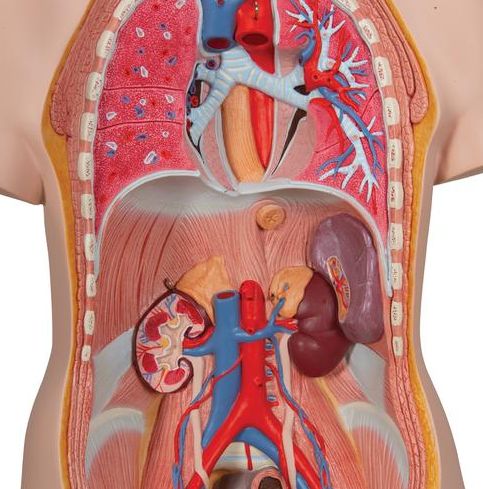قراءة لمدة 1 دقيقة Self-destructive behavior

Self-destructive behavior is any behavior that is harmful, or that could be harmful to the person who behaves that way.
It is sometimes done on purpose but not always.
Many people have shown such behavior.
They may do it on purpose, out of an impulse, or it may grow to be a habit.
It may continue for a long time, some people have killed themselves with such behavior.
When professionals talk about such behavior, they look at behaviors that are fatal, that form a habit, or that lead to some form of addiction.
People who suffer from certain mental illnesses also show self-destructive behavior.
Examples of such illnesses are attention deficit hyperactivity disorder, borderline personality disorder and schizophrenia.
Forms.
Self-destructive behavior may be used as a coping mechanism when one is overwhelmed.
For example, faced with a pressing scholastic assessment, someone may choose to sabotage their work rather than cope with the stress.
This would make submission of (or passing) the assessment impossible, but remove the worry associated with it.
More obvious forms of self-destruction are eating disorders, alcoholism, drug addictions, self-harm, gambling addictions and suicide attempts.
Many peple who lack self-confidence show self-destructive behavior.
They think they cannot handle the stress.
Because they are not self-confident, they ask themselves questions, in a relationship, whether the other person is truly faithful ("how can they love someone like me?"); at work or school, whether the realization of assignments and deadlines is possible ("there is no way I can complete all my work on time").
Self-destructive people usually lack healthier coping mechanisms, like asserting personal boundaries.
As a result, they tend to feel that showing they are incompetent is the only way to untangle themselves from demands.
Successful individuals may self-destructively sabotage their own achievements; this may stem from a feeling of anxiety, unworthiness, or from an impulsive desire to repeat the "climb to the top.
"
Self-destructive behavior is often considered to be the same as self-harm, but this is not accurate.
Self-harm is an extreme form of self-destructive behavior, but it may appear in many other forms.
Just as personal experience can affect how extreme one's self-destructive behavior is, self-harm reflects this.
Overall, personal experience and mental health problems is what affects self-harm.
Treatment.
Treating people with self-desctrutive behavior is difficult.
It often means that these people need to go through dfferent stages, to fully recover.
For body-focused repetitive behaviors, such as trichotillomania there are therapies such as habit reversal training and decoupling which seem to be effective.
For behaviour involving alcohol and/or drugs there are rehabilitation places that can help to stop the behaviour.
Medicines such as tranquilisers (calming medicines) and anti-depressant medications that may help especially if the cause is mental illness.













































